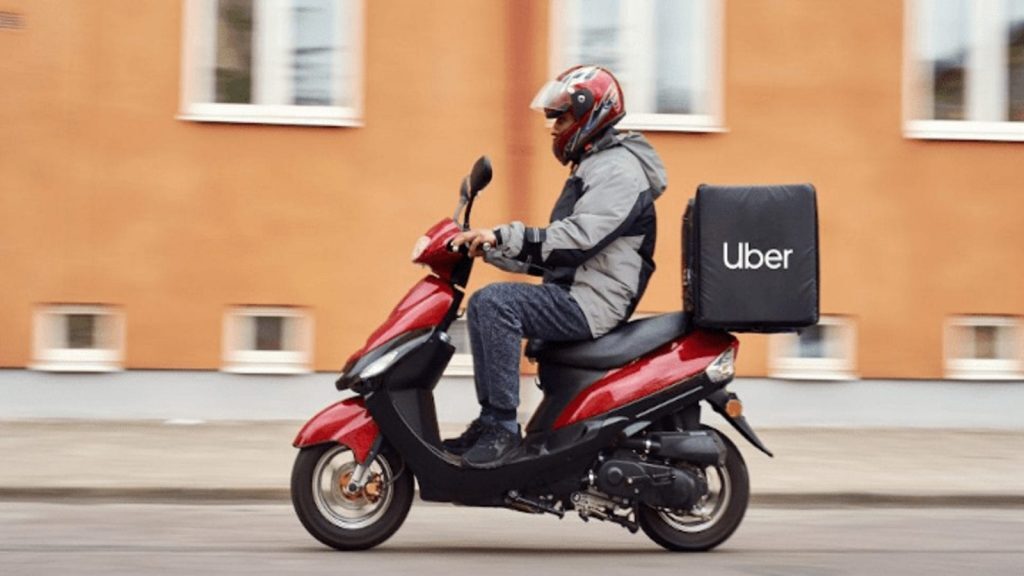Uber South Africa vowed to increase safety measures for food delivery couriers, as well as review drivers’ provided insurance policies, in light of a Thomson Reuters Foundation exposé highlighting the rise in road accidents and risks faced by drivers amidst the ongoing pandemic.
Uber’s drivers need more support
The expose was published earlier this month, and found figures showing a 30% hike in road accidents for food couriers in May and June 2020, when SA lockdown restrictions began easing. It also found a lack of safety equipment and training provided by Uber to its drivers, many of whom are migrant workers, as well as insufficient and often poorly advertised insurance coverage.
Samantha Fuller, spokesperson for Uber in South-Saharan Africa, told Reuters, “As a business we prioritise the safety of everyone who uses our app and we work hard everyday to be the best we can be, but there is always room for improvement.”
Uber had several education campaigns planned for May and June aimed at making sure drivers are aware of their available safety offerings, such as injury coverage and emergency assistance. Uber will be increasing the frequency of these campaigns to ensure that more drivers are involved in them.
The Thomson Reuters Foundation interviewed 27 delivery drivers for the exposé, and found that a mere 5 of them were aware of any form of insurance provided by gig platforms. All of them were migrant workers involved in work-related accidents. One of the drivers was compensated R5,200 for income loss by Checkers Sixty60 but said the amount wasn’t enough to cover his medical bills.
Despite the rise in risk for drivers, many choose not to report accidents and incidents because of their undocumented status in SA, and for fear of losing their jobs. Around 70% of drivers are migrant workers, according to the Motorcycle Safety Institute.
This has sparked concern from activist groups and lawyers, who claim insurance policies do not provide adequate cover for affected workers. These policies cut off medical coverage after 180 days, and stipulate that a driver needs to spend over two full days in the hospital before they qualify for loss of income. One driver told Reuters he felt abandoned by Uber after he was hit by a car and left unable to work for a full month. Because he was in the hospital for less than 24 hours, he did not qualify for any compensation for income loss.
Apparently Uber is rethinking its policies in light of this story and the exposé. Duane Bernard, head of a national, informal Uber Eats union, hopes that this is, “not just talk, but also action.”
Source: Reuters




